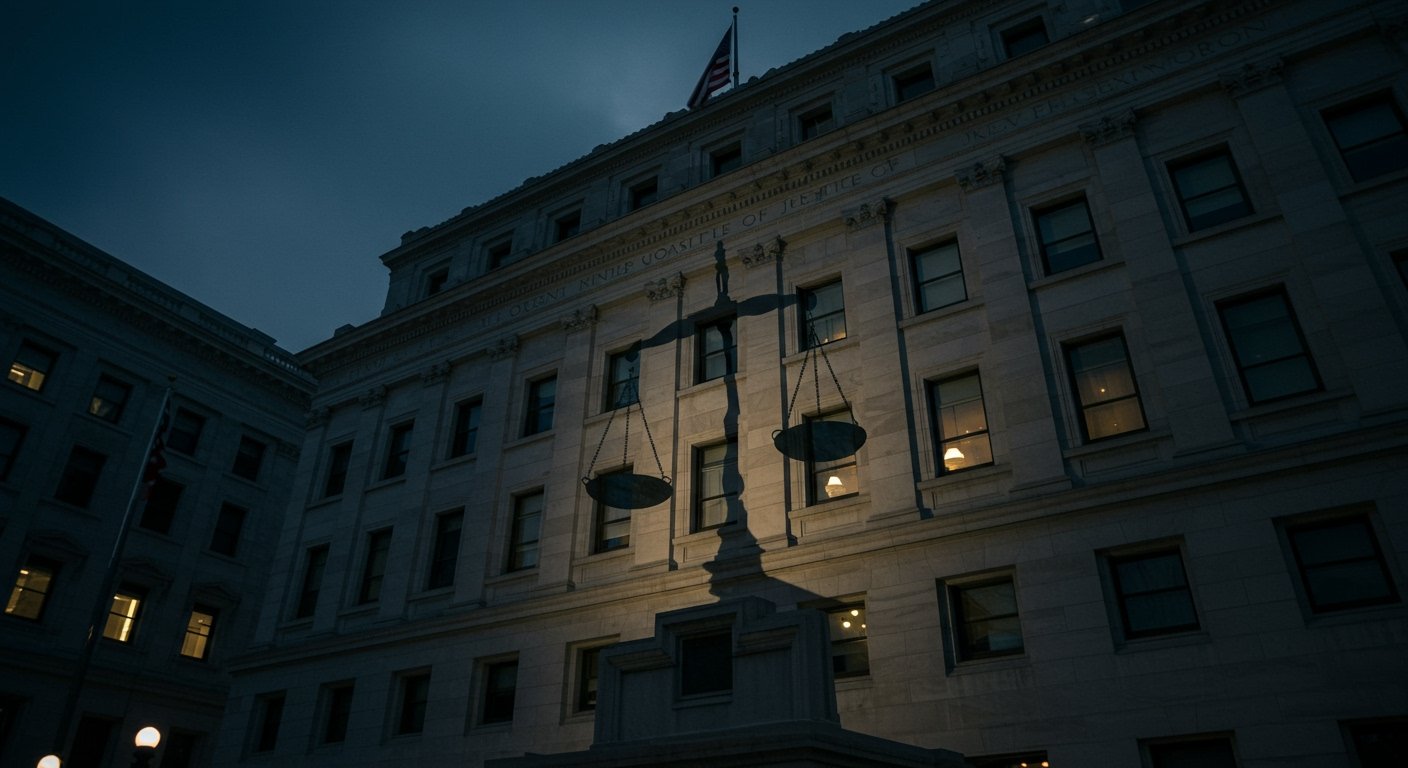Across the United States in early 2025, the complex and often contentious landscape of pretrial justice is under intense scrutiny, driven by legislative proposals, new research, and ongoing debates over public safety, individual rights, and systemic equity. States from Texas to Tennessee are considering significant changes to their bail systems, while researchers highlight persistent challenges within jails and alternative programs.
Texas Leads Push for Stricter Bail Laws
In Texas, Governor Greg Abbott has declared bail reform an emergency legislative priority for the current session, signaling a strong push for measures aimed at tightening restrictions on pretrial release. The state legislature is actively considering several bills designed to limit pretrial liberty for certain categories of offenders.
A key proposal is Senate Bill 9 (SB 9), which seeks to make specific felony offenders, including those currently on parole, ineligible for bail altogether. This move represents a significant shift from the current system, potentially leading to longer pretrial detention periods for affected individuals.
Parallel efforts involve proposed amendments to the state constitution. Senate Joint Resolution 1 (SJR 1) aims to establish a constitutional requirement for courts to deny bail specifically to undocumented individuals charged with felonies. Another measure, Senate Joint Resolution 5 (SJR 5), seeks a separate constitutional amendment that would empower judges to deny bail for individuals charged with first-degree felony sexual offenses, violent offenses, or continuous trafficking of persons. These resolutions, if passed by the legislature, would require voter approval to take effect.
Advocacy Groups Voice Strong Opposition
The proposed legislative changes in Texas have drawn sharp criticism from justice reform advocates. The Pretrial Justice Institute (PJI), a national organization focused on improving pretrial systems, submitted formal testimony on February 15th opposing both SB 9 and SJR 1.
PJI’s testimony argued that these measures would not enhance public safety but would instead lead to an increase in pretrial detention rates. The organization contended that prolonged detention could have negative consequences, including job loss, disruption of family structures, and increased pressure on individuals to plead guilty. Furthermore, PJI raised concerns that the proposals would exacerbate existing racial disparities within the justice system and potentially violate constitutional rights related to due process and equal protection.
As an alternative approach, the Pretrial Justice Institute advocated for increased investment in community-driven safety solutions, emphasizing strategies that address the root causes of crime and provide support services rather than solely relying on punitive detention measures.
Pretrial Debates and Data Surface in Other States
The focus on pretrial justice extends beyond Texas. In Tennessee, Senate Joint Resolution No. 919 is currently under consideration. This resolution proposes amending the state constitution to expand the types of non-capital offenses for which courts are not required to grant bail, potentially giving judges more discretion to deny release for a broader range of crimes.
Meanwhile, a recent study in Minnesota, requested by the state legislature and conducted by the Minnesota Justice Research Center, shed light on the demographics and conditions within the state’s jails. The study found that a significant 56% of the state’s total jail population is held pretrial – individuals who have been accused but not yet convicted of a crime. The report highlighted a substantial overrepresentation of Black and American Indian/Alaskan Native individuals within this pretrial population, pointing to systemic disparities.
The Minnesota study offered several key recommendations for reform. These included the necessity of ending the state’s wealth-based bail system, which often disadvantages low-income individuals, and the implementation of supportive pretrial services, such as check-ins, reminders, and access to necessary resources, to help individuals return for court dates. The report also stressed the importance of addressing the needs of victims and survivors throughout the pretrial process.
Broader Systemic Issues and Reform Efforts
The national conversation about pretrial justice is also intertwined with broader discussions about the future of incarceration and accountability within correctional facilities. In New York City, the NYC ATI (Alternatives to Incarceration) & Reentry Coalition recently released a report emphasizing that expanding ATI programs is a crucial, non-negotiable step for achieving the city’s goal of closing the notorious Rikers Island jail complex by 2027.
Adding a critical layer to the discussion about conditions in custody, recent data continues to indicate a vast underreporting of deaths occurring in jails and prisons across the country. A significant 2022 bipartisan Senate report, for instance, found that nearly 1000 deaths in custody went uncounted or unreported in a single year, raising serious questions about transparency and oversight within correctional facilities.
Conclusion
The early months of 2025 reveal a nationwide landscape where states are grappling with complex questions surrounding pretrial liberty. While some jurisdictions are pursuing stricter bail measures driven by public safety concerns, others are analyzing data that highlights systemic inequities and high pretrial detention rates. The ongoing debates, legislative proposals, and critical research underscore the multifaceted challenges and diverse approaches defining the future of pretrial justice in the United States.












